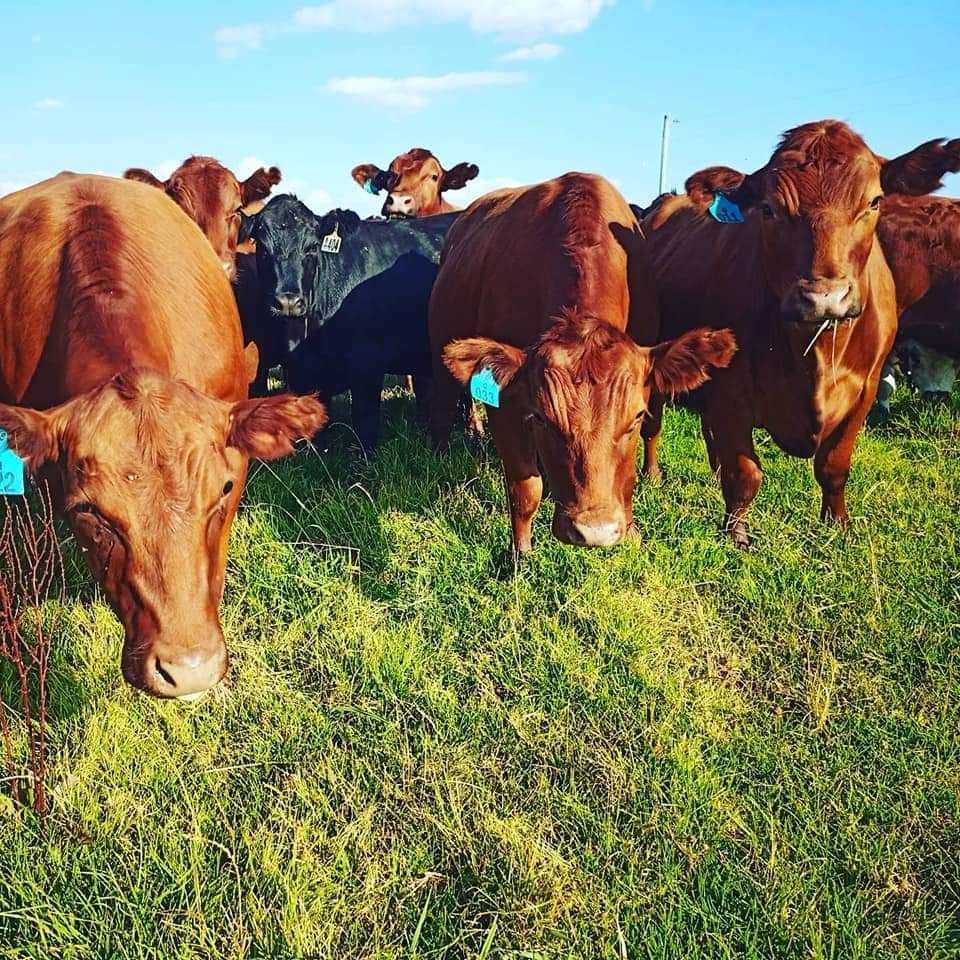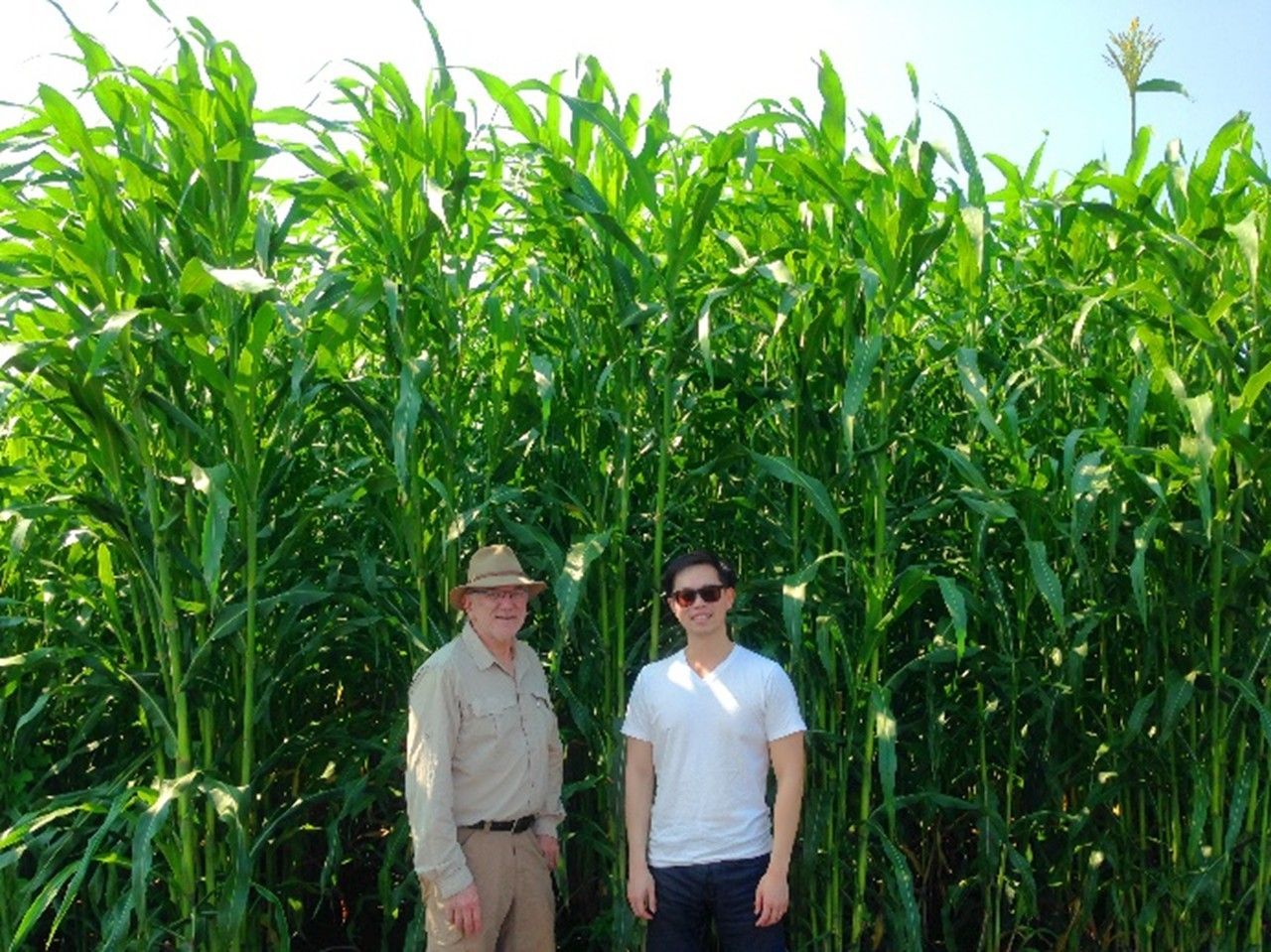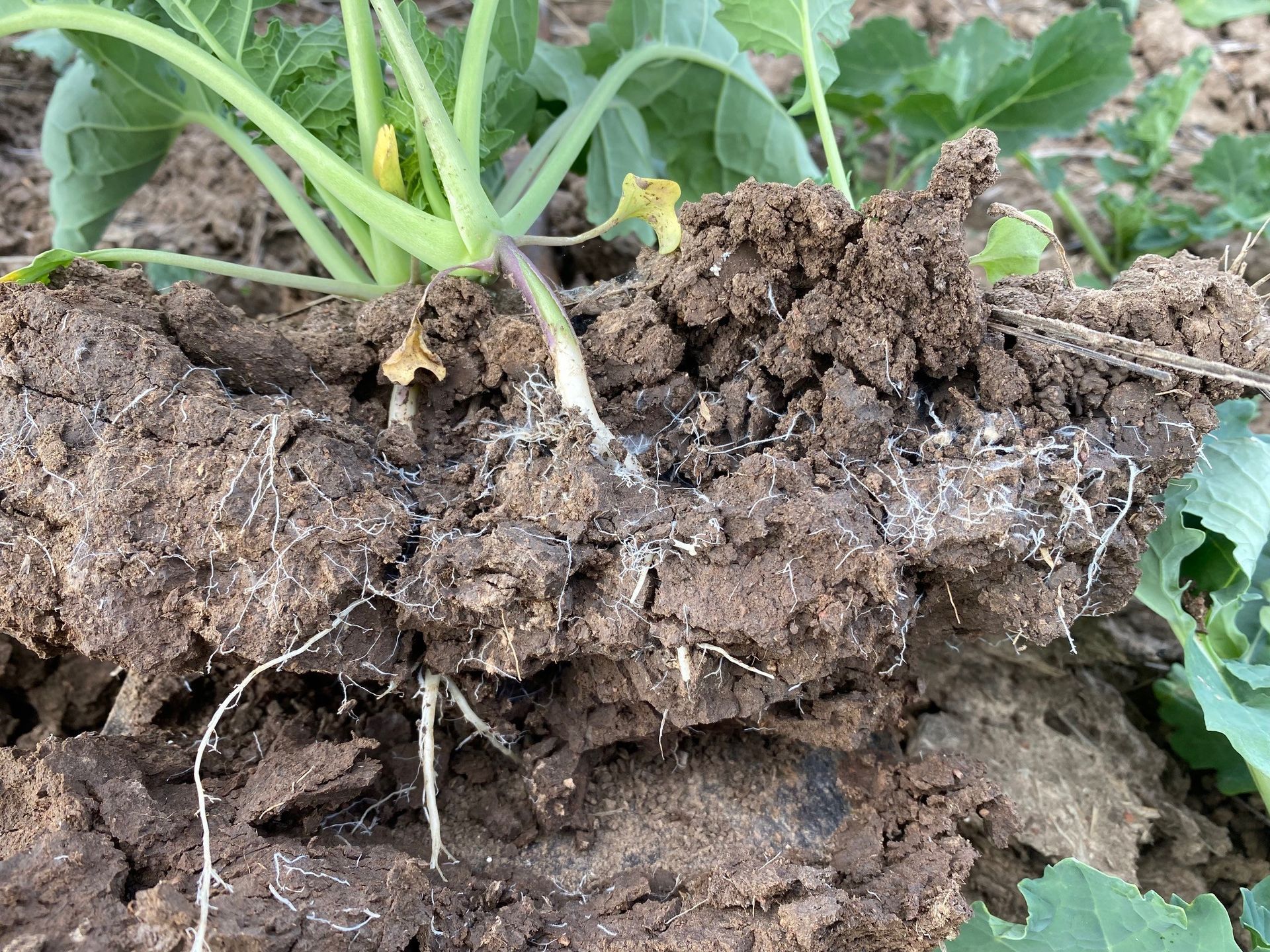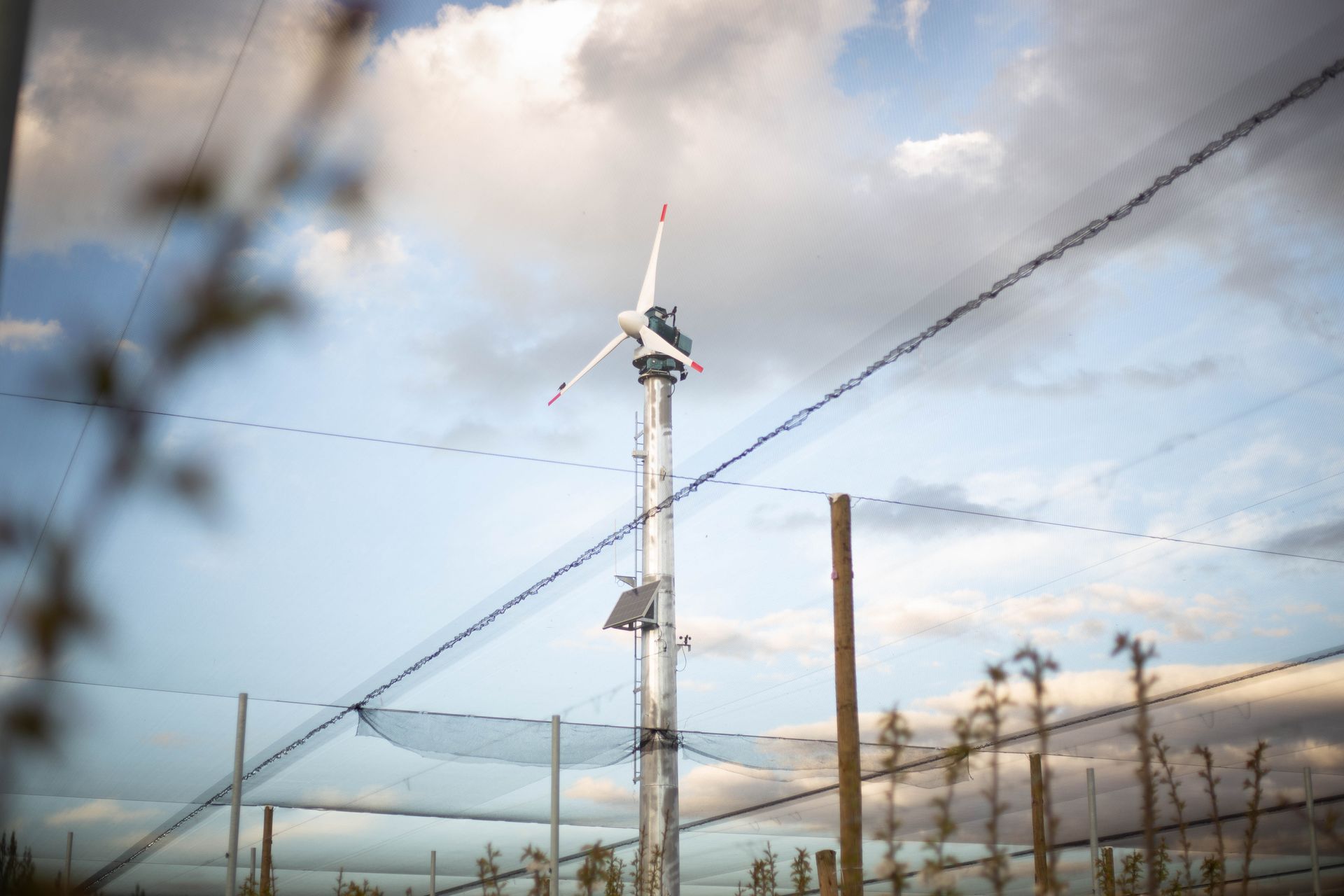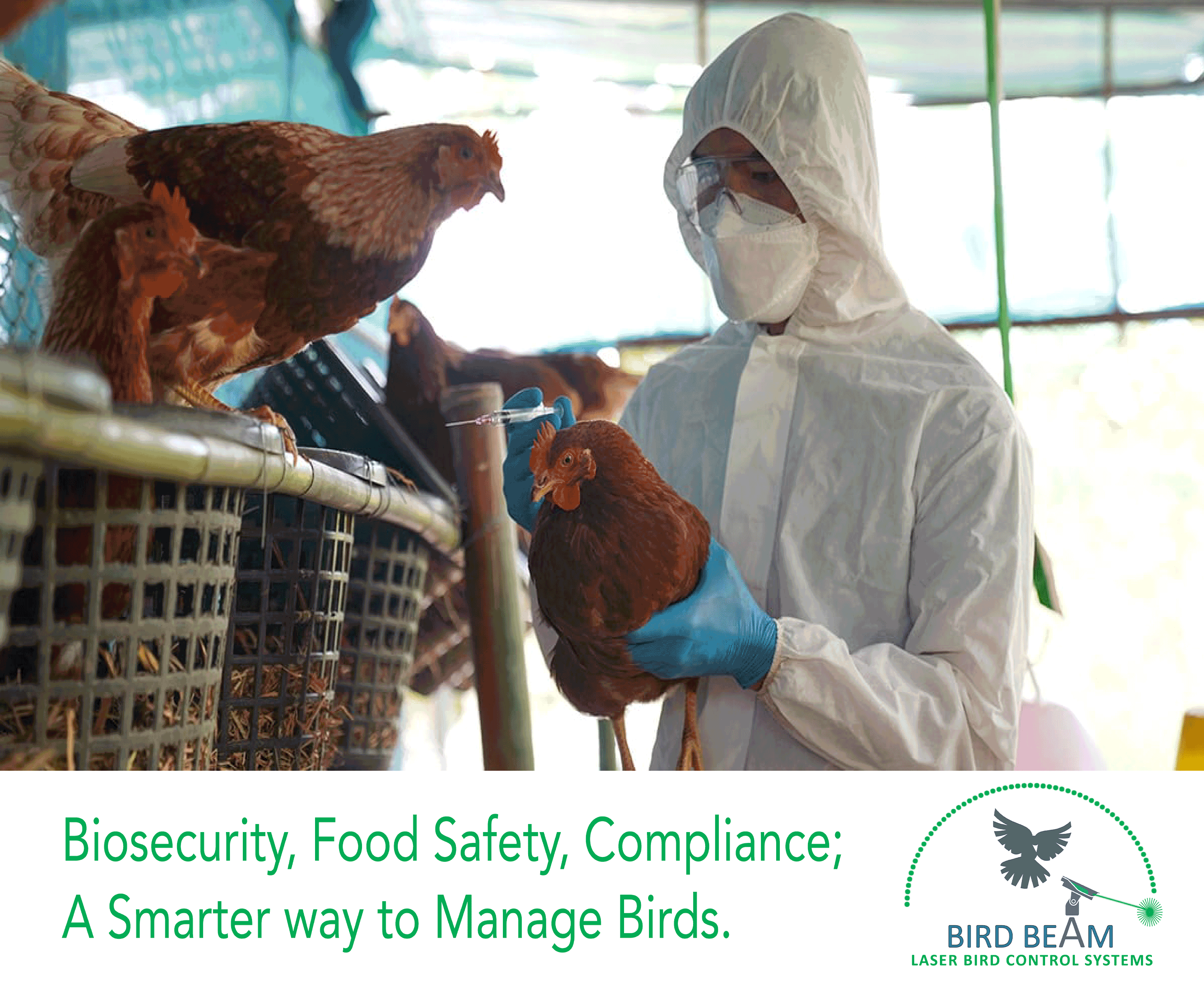1MG FlippingBooks
Future-proofing ag resources paramount to our survival
Elizabeth Gracie
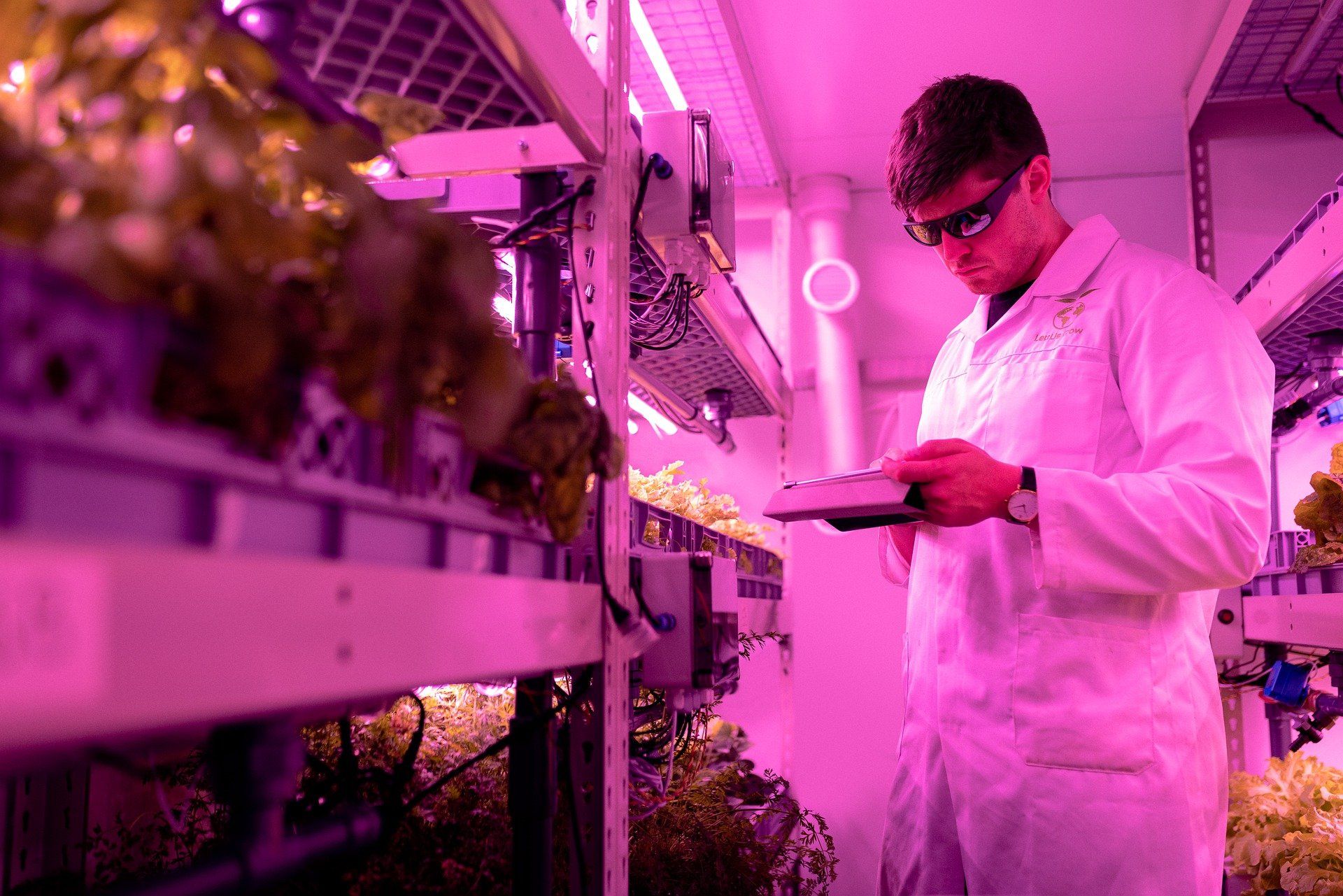
A team of world experts has identified key biological constraints that limit individual plant productivity and crop yields, serving as a roadmap for future generations of crops which are resistant to the effects of climate change-induced drought.
Originally published in Nature Plants, the team discovered crucial information that they believe will greatly support the future of agricultural production.
Participating researcher, Professor Yong-Ling Ruan from the University of Newcastle said that in recent years agriculture has experienced a significant increase in demand due to a rapidly growing global population, with significant environmental deterioration as a direct result.
However, the research indicated that by understanding the biological processes that regulated the resource and energy distribution through the plant body, scientists were then able to identify key gene targets for genetic engineering and breeding.
According to Ruan, “Plants naturally evolve with a multitude of strategies to adjust their growth according to external and internal signals. They adapt to changing environments, such as drought, to ensure the survival of their species.
“However in agricultural ecosystems, these natural responses and [adaptations] may actually limit crop yield, as they often prevent plants from releasing their greatest yield potential.
“What we have now discovered are some of the barriers that can limit plant growth and reproduction, which puts us in a strong position to achieve a major contribution to meeting our dramatically increasing demand for food.”
Ruan says that the imminent threat of the growing global population, which is expected to double from 7.8 billion people to 15.6 billion people by 2050, means that the world crop yield will also need to be doubled, but with less arable land.
“Add the need for more food to the increased incidence of global warming associated drought, salt and heat stresses, plus pathogen and pest infections; means that future-proofing plants through modification to make them more productive and resilient is paramount to our survival,” said Professor Ruan.
Ruan, alongside a team of other experts, has been able to successfully identify the signalling molecules and regulatory genes that trigger or initiate growth for the plant and its life expectancy and fertility.
The team hopes that by lifting source and sink activities to their full extent through genetic editing processes, they can potentially close the yield gap that continues to expand from a rapidly increasing global population.
The roadmap was drawn from research undertaken by the University of Newcastle, Australia; Max Planck Institute of Molecular Plant Physiology, Germany; Wageningen University & Research, the Netherlands; University of Cambridge, UK; University of Kaiserslautern Pflanzenphysiologie, Germany; Centro Nacional de Biotecnología–CSIC, Spain; University of Oxford, UK; Washington State University, USA; and the University of Erlangen-Nürnberg, Germany.
NEWS


